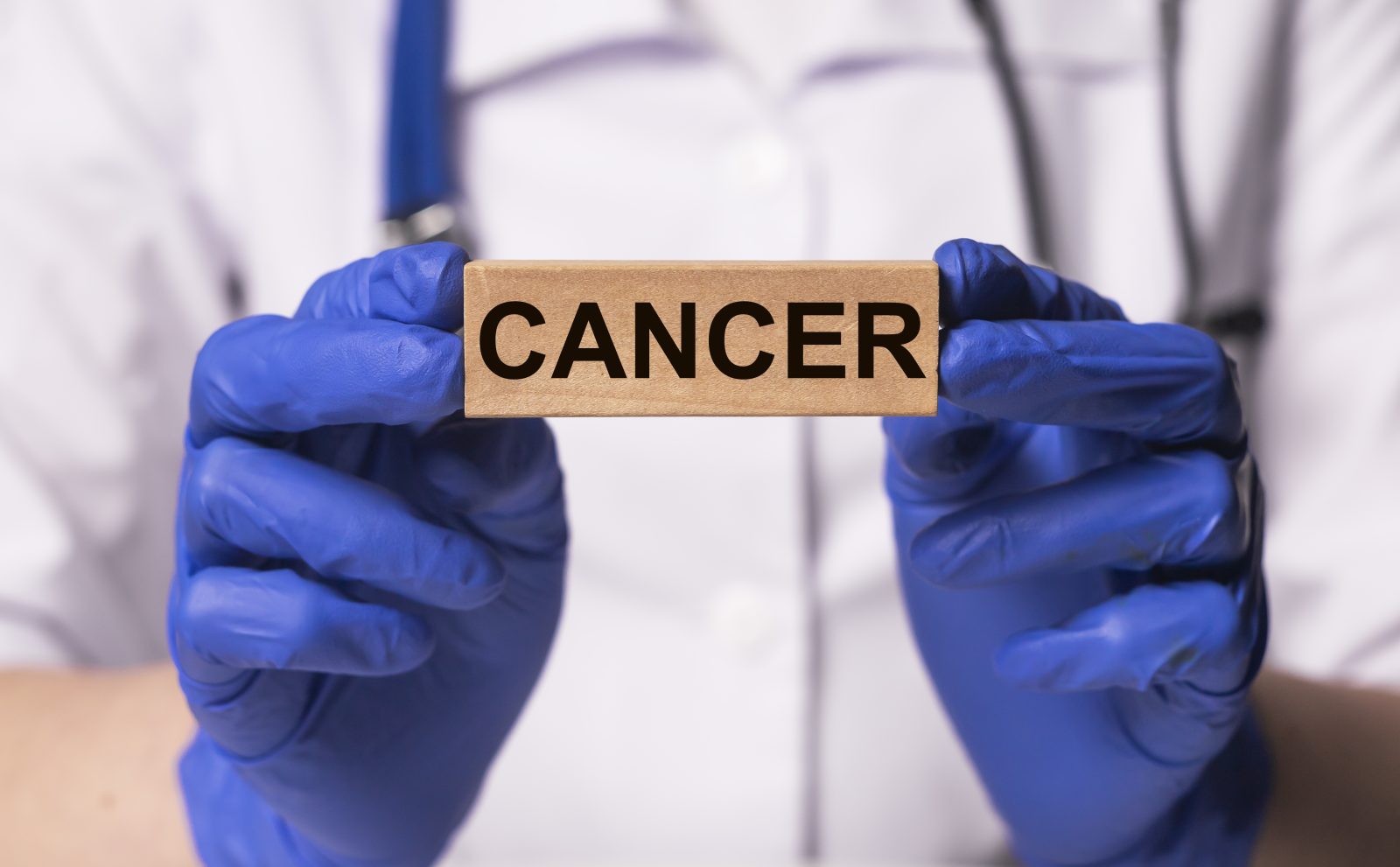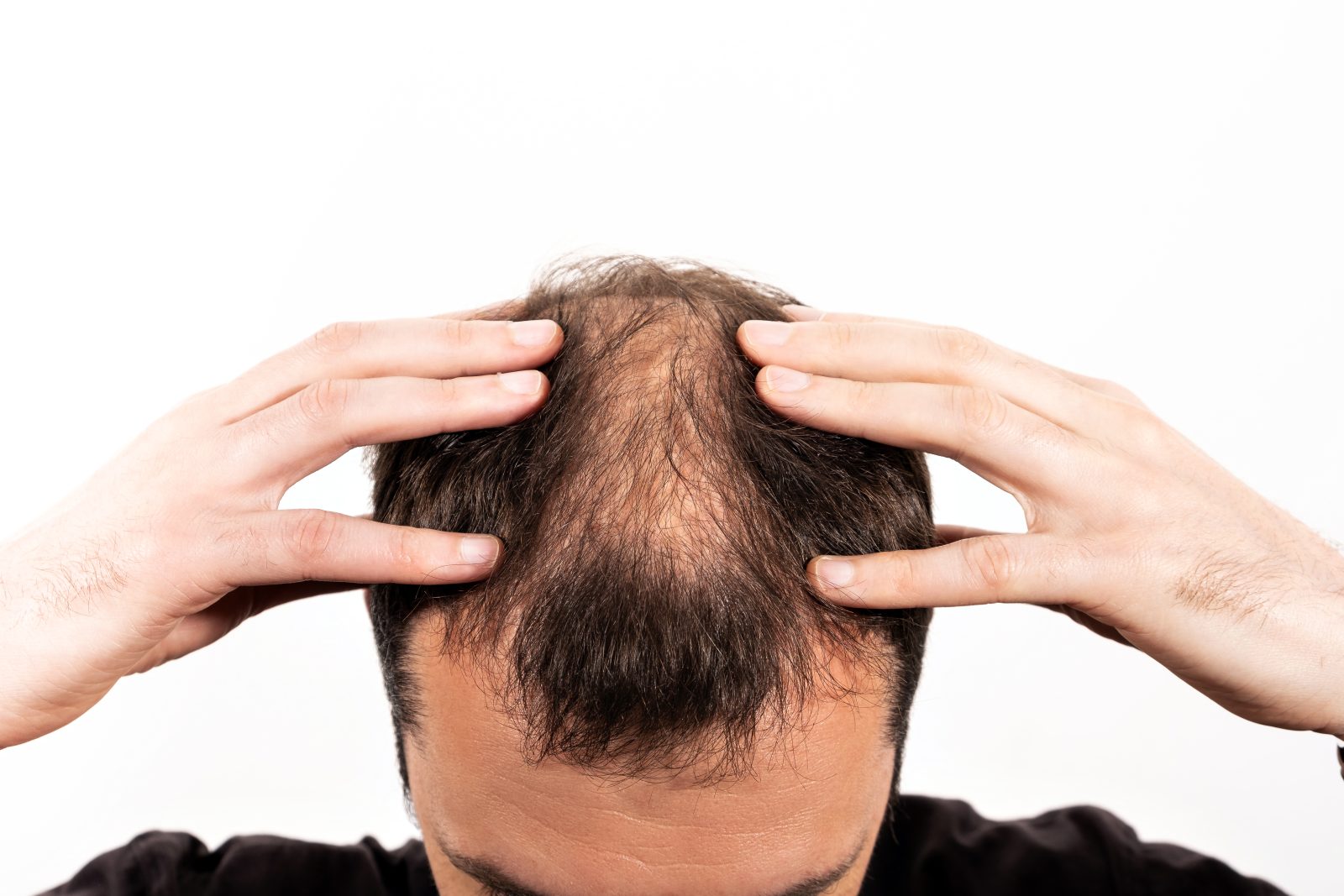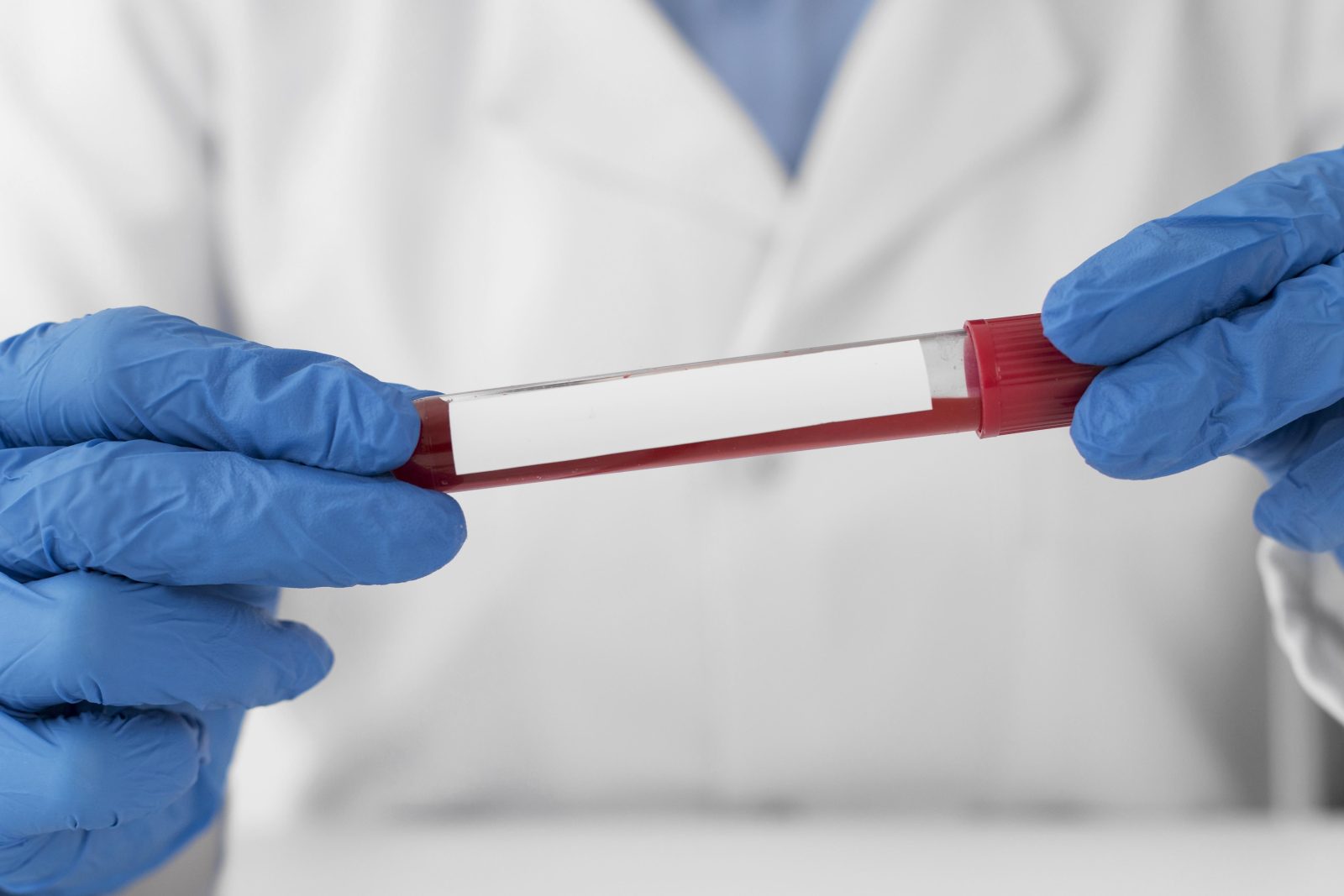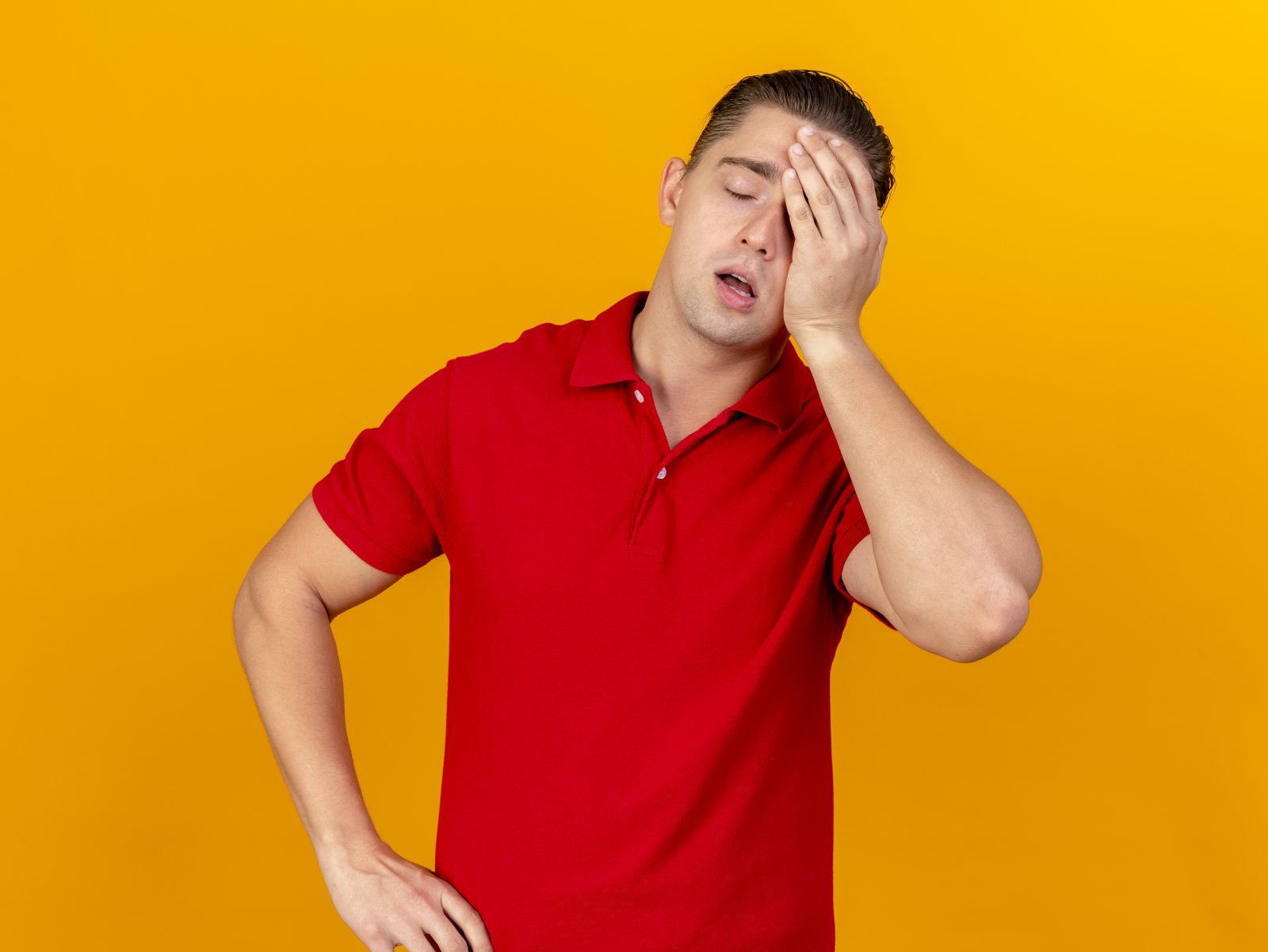Introduction: Understanding the True Cost of Testosterone Therapy Testosterone therapy, also called testosterone replacement therapy (TRT), is a treatment that helps men whose bodies do not make enough testosterone. This hormone plays a major role in energy, muscle growth, bone strength, and mood balance. When testosterone levels drop too low, many men notice changes such …
Testosterone
Introduction In recent years, more men have become interested in ways to improve their physical performance, increase muscle strength, and recover faster after workouts or injuries. This growing interest has led to a rise in the use of both anabolic steroids and testosterone therapy. Although these two treatments may sound similar, they are very different …
Introduction Testosterone is one of the body’s most important hormones. It plays a key role in the development of male physical traits, sexual health, muscle mass, bone density, red blood cell production, and overall energy. While it is most often discussed as a “male hormone,” women also produce testosterone in smaller amounts, and it contributes …
Introduction: Understanding Testosterone and Its Role in the Body Testosterone is one of the most important hormones in the human body. It is often known as the “male hormone,” but both men and women need it for their health and well-being. In men, testosterone is mainly made in the testicles. In women, smaller amounts are …
Introduction Testosterone is one of the most important hormones in the human body. It plays a major role in shaping physical health, emotional well-being, and daily energy levels. For men, testosterone is often linked with masculinity, strength, and vitality. For women, it also serves important functions, helping with muscle tone, bone strength, and mood stability—just …
Introduction: Understanding Testosterone and Its Role in Men’s Health Testosterone is one of the most important hormones in the human body. It is often thought of as the “male hormone,” but women also produce it in smaller amounts. In men, testosterone is made mainly in the testicles and plays a vital role in physical development, …
Introduction: The Growing Use of Testosterone Therapy and Its Hair-Related Concerns Testosterone is one of the most important hormones in the human body. It plays a central role in developing male features such as deeper voice, muscle mass, and facial hair. It also supports bone strength, mood, energy levels, and sexual health. As men age, …
Introduction: Understanding Testosterone and TRT Testosterone is one of the most important hormones in the human body. It is best known as the main male sex hormone, but it is also found in smaller amounts in women. Testosterone helps control many body functions, not just sexual health. It supports muscle growth, bone strength, red blood …
Introduction Testosterone therapy has become increasingly popular in recent years. Many men receive it to treat low testosterone levels, also called hypogonadism. Others use it to help with symptoms such as fatigue, loss of muscle mass, low libido, or mood changes that may come with age. Testosterone is a natural hormone produced mainly in the …
Introduction Testosterone therapy, often called TRT, is a medical treatment used to increase testosterone levels in people who have lower than normal amounts of this hormone. Testosterone is an important hormone in both men and women, but it plays a particularly central role in male health. It affects energy, muscle strength, sex drive, mood, and …









